When we talk about crown family names, we’re diving into a world where tradition meets history and identity intertwines with power. Royal families have always fascinated us, not just because of their opulent lifestyles but because of the deep-rooted significance behind their names. These aren’t just labels; they’re symbols of lineage, heritage, and authority. Imagine walking into a room with a name that carries centuries of stories, battles, and triumphs. That’s the magic of crown family names.
Now, before we jump into the nitty-gritty details, let’s take a moment to appreciate why these names matter so much. For starters, they’re not just random words plucked from a dictionary. These names are carefully chosen, often passed down through generations, and they carry the weight of history on their shoulders. Every syllable tells a story, and every variation reflects a piece of the family’s past. It’s like a treasure map, but instead of gold, it leads you to a rich tapestry of cultural significance.
But why do crown family names hold such importance in today’s world? In an era where everything seems to move at lightning speed, these names act as anchors, grounding us in traditions that have stood the test of time. They remind us of the values and principles that royal families have upheld for generations. So, whether you’re a history buff, a royal enthusiast, or just someone curious about the world of royalty, this article is for you. Let’s uncover the hidden meanings and significance behind these majestic names.
Read also:How To Build A Crown Family Legacy A Blueprint For Lasting Wealth And Influence
The Roots of Crown Family Names: A Journey Through Time
When you think about crown family names, you can’t ignore their historical roots. These names didn’t just pop up overnight; they evolved over centuries, shaped by the cultures, languages, and political landscapes of their times. Imagine being part of a dynasty where your name was as important as your title. That’s the reality for many royal families throughout history.
For instance, take the House of Windsor. The name itself is a nod to the British monarchy’s efforts to distance itself from its German roots during World War I. Originally known as the House of Saxe-Coburg and Gotha, the family changed its name to Windsor to sound more British. It’s a fascinating example of how crown family names can adapt to the times while still preserving their essence.
How Royal Names Reflect Cultural Identity
Every crown family name tells a story about the culture it comes from. In Spain, the House of Bourbon is synonymous with French influence, while in Sweden, the Bernadotte dynasty reflects the country’s ties with France. These names aren’t just random strings of letters; they’re windows into the historical and cultural exchanges that shaped entire nations.
Think about it: when you hear the name “Habsburg,” you immediately think of the Austro-Hungarian Empire and its vast influence across Europe. Similarly, the name “Romanov” brings to mind the opulence and tragedy of Russia’s imperial past. These names are like time capsules, preserving the essence of their respective eras.
Why Crown Family Names Matter Today
In today’s world, where traditions often take a backseat to modernity, crown family names still hold immense significance. They’re not just relics of the past; they’re living symbols of continuity and identity. For many, these names represent a connection to something greater than themselves—a link to a shared history and a sense of belonging.
Consider the impact of crown family names on tourism. Places like Buckingham Palace, Versailles, and the Kremlin attract millions of visitors each year, partly because of the allure of the royal families that once inhabited them. These names add a layer of mystique and intrigue, drawing people in and sparking their curiosity.
Read also:Nicole Watterson Full Name The Ultimate Guide To Her Life And Career
The Role of Crown Family Names in Modern Politics
Even in today’s political landscape, crown family names carry weight. In countries like the United Kingdom, the royal family plays a ceremonial role, but their influence extends far beyond that. The name “Windsor” carries a certain gravitas that commands respect and attention, both domestically and internationally. It’s a reminder that, despite the passage of time, these names still hold power.
Moreover, crown family names often serve as a unifying force in times of crisis. During moments of national uncertainty, they provide a sense of stability and continuity. It’s no wonder that many monarchies have managed to survive and thrive in the modern era, thanks in part to the enduring appeal of their names.
Unpacking the Symbolism Behind Crown Family Names
Every crown family name carries a wealth of symbolism. From the choice of words to the way they’re pronounced, these names are carefully crafted to convey meaning and significance. Take the name “Bourbon,” for example. It’s not just a name; it’s a reference to the French town of Bourbon-l’Archambault, where the family originated. Similarly, the name “Habsburg” refers to the castle in Switzerland where the dynasty first rose to prominence.
But it’s not just about geography. Many crown family names also carry religious or mythological significance. The Romanovs, for instance, were named after one of their ancestors, Roman Zakharyin-Yuriev, whose name itself has religious connotations. These layers of meaning make crown family names even more fascinating to explore.
The Power of Naming Traditions
Naming traditions play a crucial role in the significance of crown family names. In many royal families, names are passed down through generations, creating a sense of continuity and heritage. For example, the British royal family often uses names like George, Elizabeth, and Charles, which have been used by numerous monarchs throughout history. It’s a way of honoring the past while looking to the future.
Additionally, the choice of names often reflects the values and aspirations of the royal family. A name like “Victory” or “Conqueror” might suggest a focus on military prowess, while a name like “Peace” or “Harmony” might indicate a desire for diplomacy and cooperation. These subtle nuances add depth to the meaning behind crown family names.
The Impact of Crown Family Names on Society
Crown family names don’t just affect the royal families themselves; they also have a profound impact on society as a whole. They shape public perception, influence cultural norms, and even affect the way people view themselves and their place in the world. Think about it: when you hear the name “Windsor,” you immediately picture a certain image—a sense of elegance, tradition, and refinement.
But it’s not just about the positive associations. Crown family names can also carry negative connotations, depending on the historical context. The name “Romanov,” for example, is often linked to the tragic end of Russia’s imperial dynasty, while the name “Habsburg” might evoke memories of the Austro-Hungarian Empire’s decline. These names are powerful tools that can shape public opinion and influence the course of history.
The Influence of Media on Crown Family Names
In today’s media-driven world, crown family names are more visible than ever. From documentaries to social media posts, the public is constantly exposed to the lives and names of royal families. This exposure can have both positive and negative effects. On the one hand, it can increase awareness and appreciation for the rich history behind these names. On the other hand, it can also lead to misconceptions and oversimplifications.
It’s important to approach crown family names with a sense of respect and understanding. They’re not just catchy phrases or marketing tools; they’re integral parts of our shared cultural heritage. By learning more about their significance, we can gain a deeper appreciation for the role they play in shaping our world.
The Future of Crown Family Names
As we look to the future, the importance of crown family names is likely to continue evolving. In an increasingly globalized world, these names may take on new meanings and significance. For example, as more royal families embrace modern technology and social media, their names may become even more accessible and relatable to the general public.
At the same time, there’s a risk that these names could lose some of their mystique and allure. As the world becomes more interconnected, the unique cultural and historical significance of crown family names may be diluted. It’s up to each generation to preserve and honor these names, ensuring that their legacy continues to thrive.
Challenges Facing Crown Family Names in the Modern Era
One of the biggest challenges facing crown family names today is the risk of commodification. In a world where everything can be bought and sold, there’s a danger that these names could be reduced to mere brands or trademarks. It’s important to remember that these names are more than just marketing tools; they’re living embodiments of history and culture.
Another challenge is the potential for misrepresentation. As crown family names become more visible in the media, there’s a risk that they could be misrepresented or misunderstood. This is where education and awareness come into play. By learning more about the true significance of these names, we can ensure that they’re treated with the respect and reverence they deserve.
Table of Crown Family Names and Their Significance
Let’s take a closer look at some of the most famous crown family names and their significance:
| Crown Family Name | Country | Significance |
|---|---|---|
| Windsor | United Kingdom | Symbolizes British heritage and continuity. |
| Bourbon | France | Reflects French influence and power. |
| Habsburg | Austria | Represents the Austro-Hungarian Empire’s legacy. |
| Romanov | Russia | Embodies Russia’s imperial past. |
| Bernadotte | Sweden | Highlights Sweden’s ties with France. |
Conclusion: Why Crown Family Names Matter
In conclusion, crown family names are more than just words; they’re living symbols of history, culture, and identity. They remind us of the values and principles that have shaped our world and continue to influence it today. Whether you’re a royal enthusiast or simply someone curious about the world of royalty, understanding the significance of these names can deepen your appreciation for the rich tapestry of human history.
So, the next time you hear a crown family name, take a moment to reflect on its meaning and significance. These names are more than just labels; they’re windows into a world of tradition, power, and legacy. And who knows? You might just discover something new and fascinating about the world we live in.
Now it’s your turn! Leave a comment below and let us know what you think about crown family names. Do you have a favorite royal family or name? Share your thoughts and join the conversation. Together, we can continue to explore the magic and mystery of crown family names.
Daftar Isi
- The Roots of Crown Family Names: A Journey Through Time
- How Royal Names Reflect Cultural Identity
- Why Crown Family Names Matter Today
- The Role of Crown Family Names in Modern Politics
- Unpacking the Symbolism Behind Crown Family Names
- The Power of Naming Traditions
- The Impact of Crown Family Names on Society
- The Influence of Media on Crown Family Names
- The Future of Crown Family Names
- Challenges Facing Crown Family Names in the Modern Era


